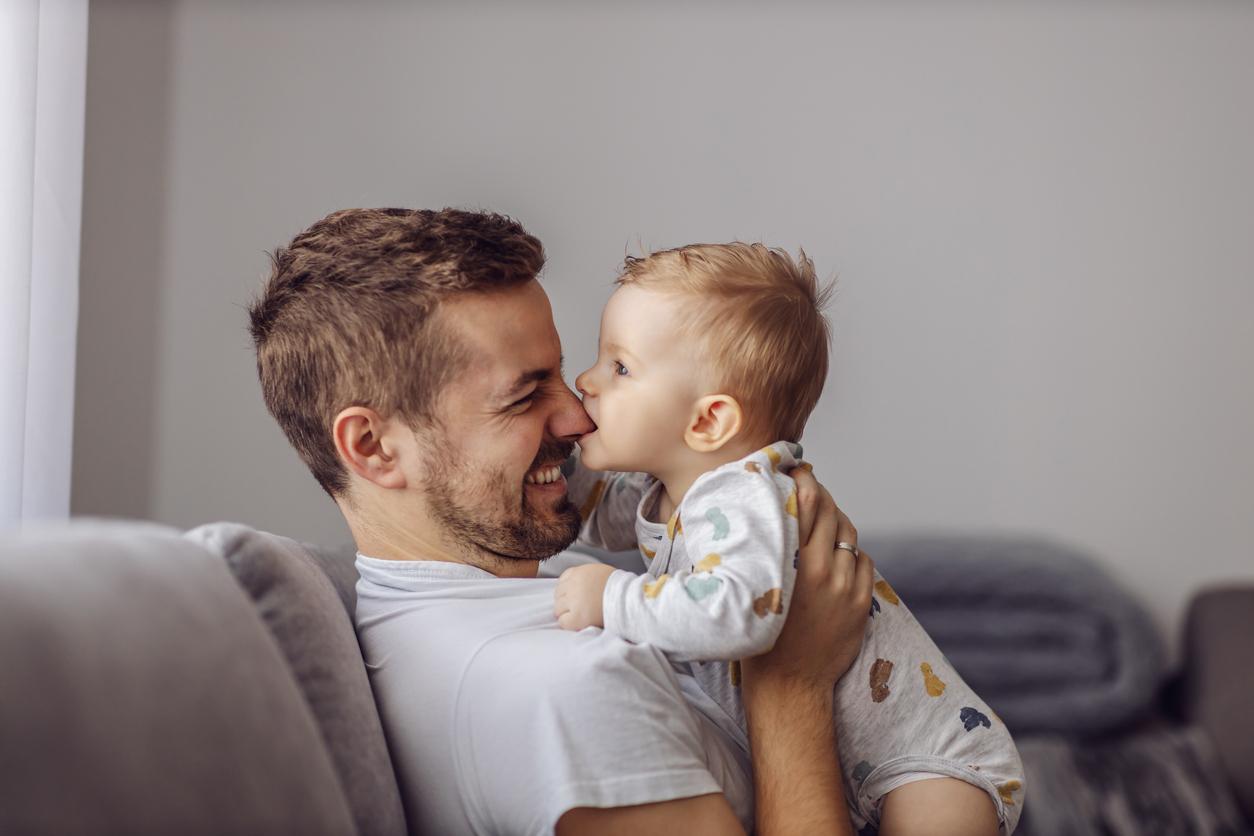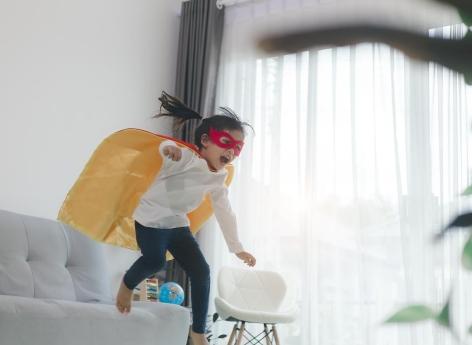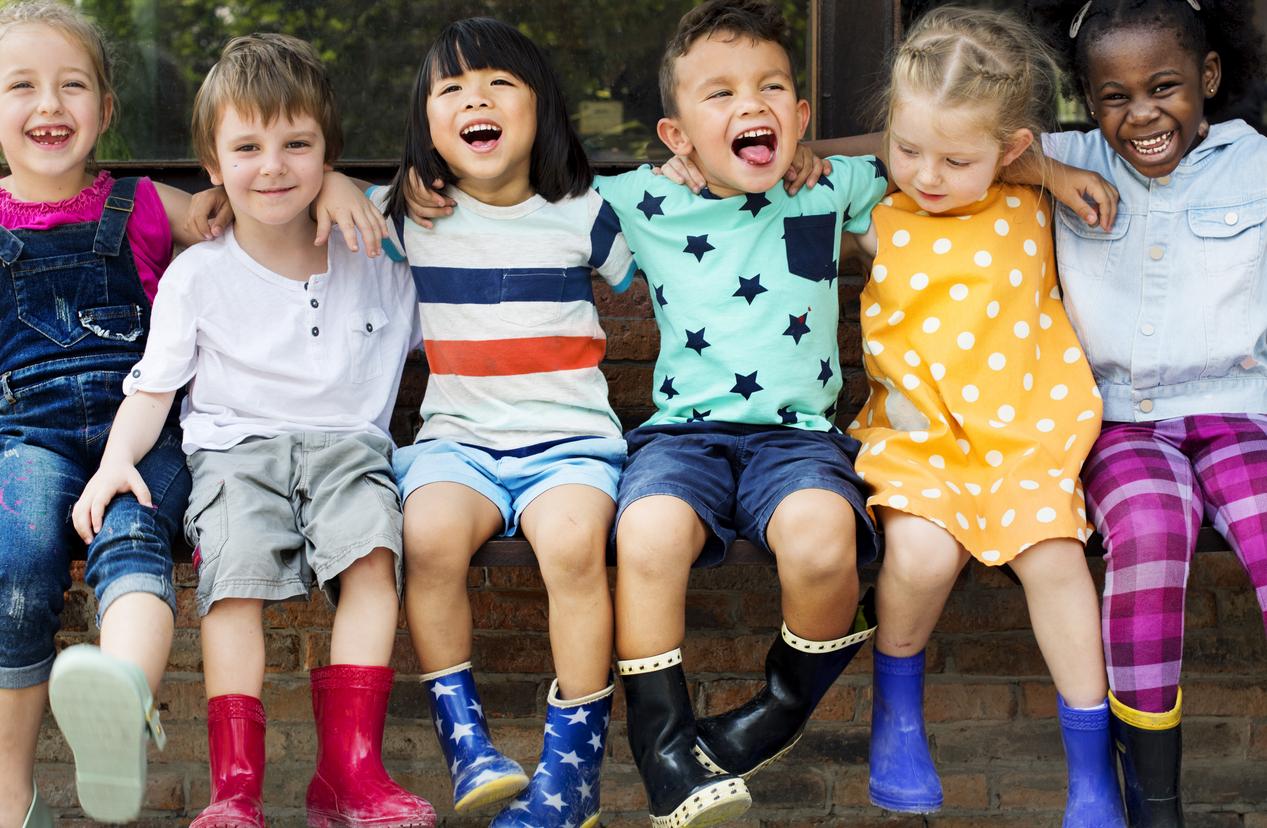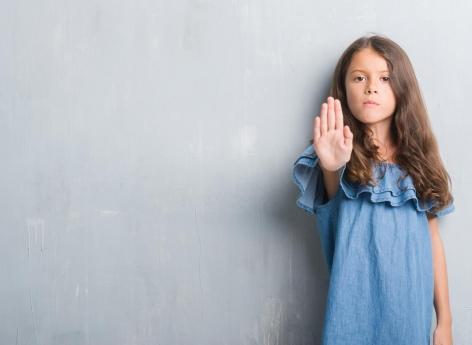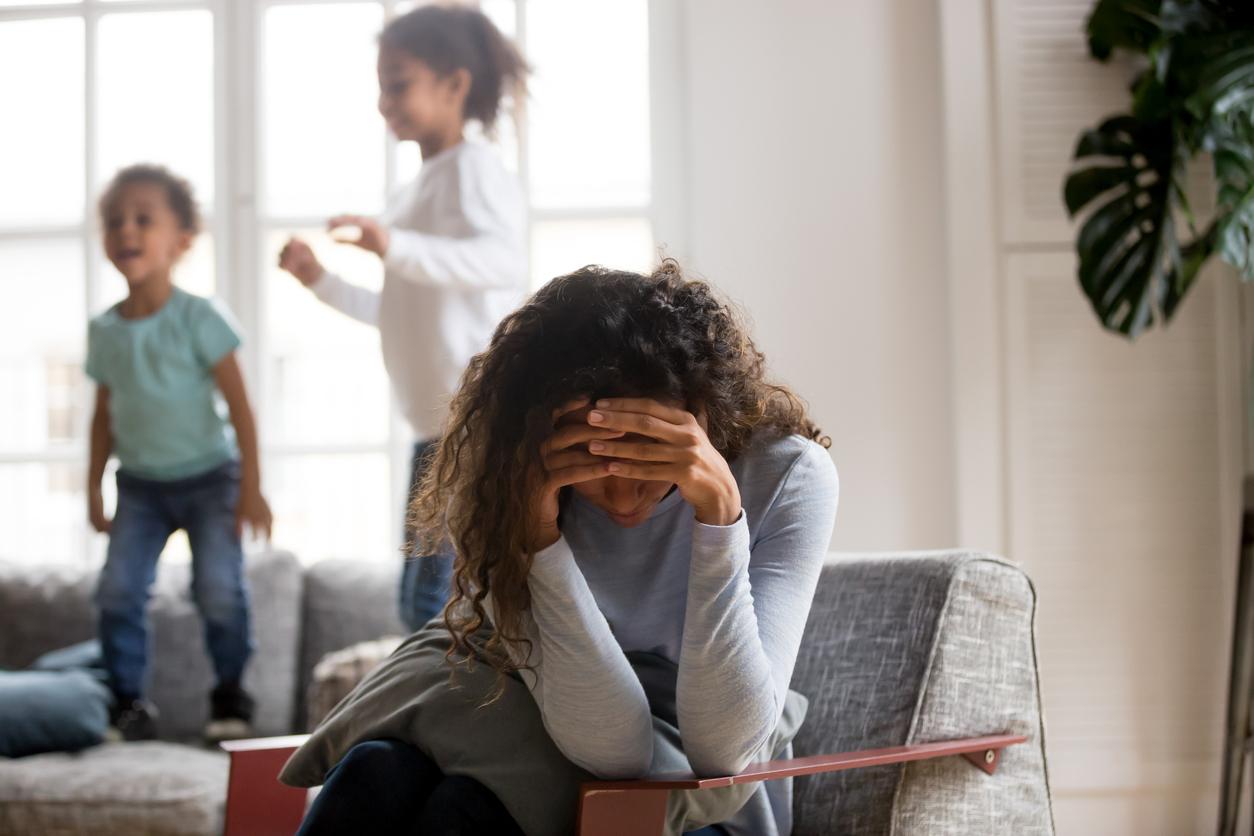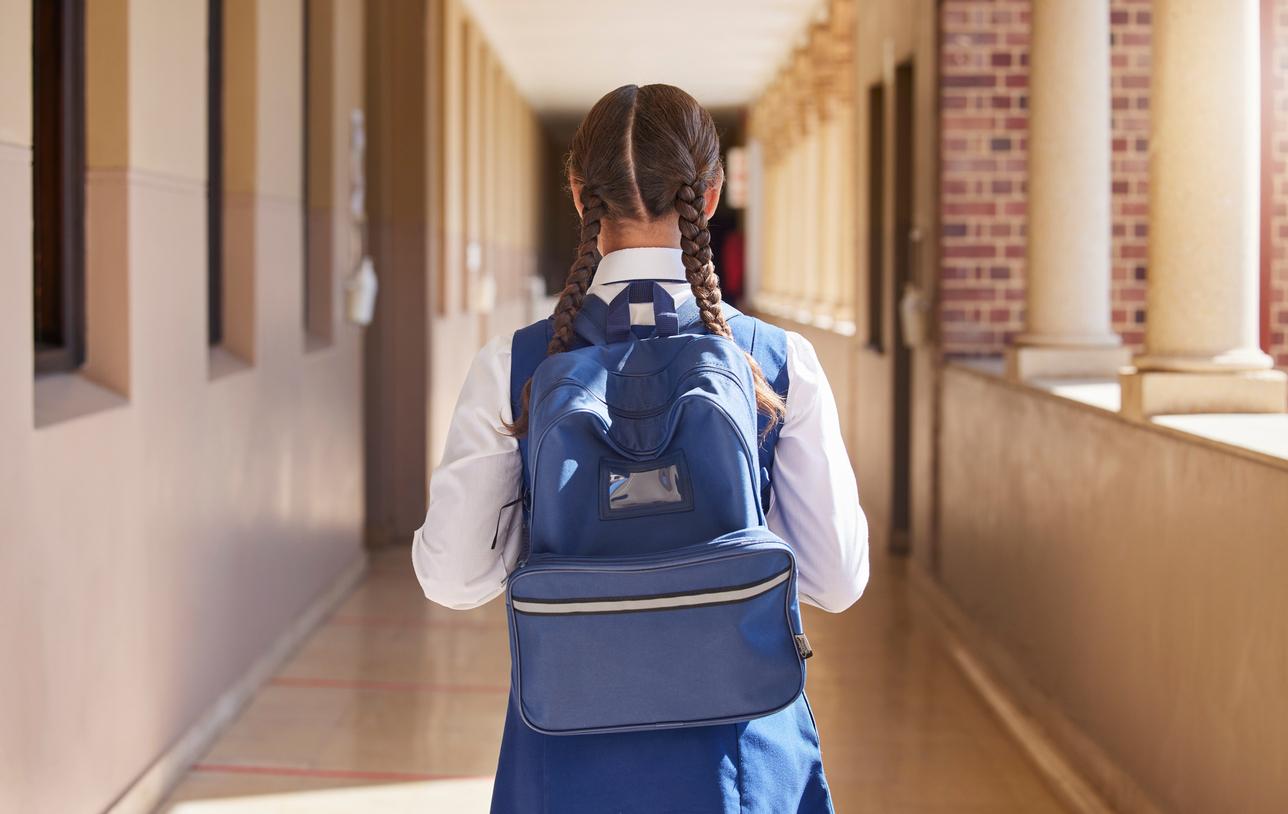A survey reveals that a very large majority of parents still use forms of physical and psychological violence, which have been prohibited by law since 2019, in the education of children.
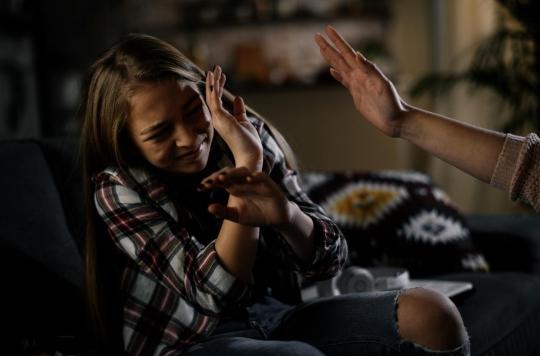
- Among the parents surveyed, 38% say they know what ordinary educational violence is, and 34% see what it is but not precisely.
- The barometer reveals that the majority of parents who declared having used the most educational violence had themselves suffered acts of physical/moral violence during their childhood (73% and 57%).
Physical and psychological violence are still too trivialized in educational practices. According to a barometer* produced by Ifop for the Children’s Foundation, 79% of parents had resorted to ordinary educational violence (VEO) on one of their children during the week preceding the survey. Two-thirds have even used it at least twice, and almost half at least three times, sometimes even without knowing it. In detail, for example, 23% of the parents had spanked, 46% had cornered the child and 55% had yelled at him.
Psychological violence against children still too frequent
VEOs cover all forms of violence against children, “considered as legitimate because exercised for an educational purpose”, according to the Foundation. It can be physical (corporal punishment: slapping, spanking, blows, dissatisfaction of one’s physiological needs, etc.), psychological (blackmail, teasing, humiliation, etc.) or verbal (shouting, insults, etc.). Still too often trivialized, they are nevertheless prohibited by the 2019 law, known as the “anti-spanking” law, which indicates “that parental authority is exercised without violence”.
While the use of corporal punishment is down compared to previous years, no doubt thanks to the abolition law, psychological violence remains far too frequent in educational practices. More than half of parents “scream very loudly” after their child, 46% of them “deprive of something” (dessert, screen, cuddly toy…) when he does not obey, or even 42% him “promise something to obtain obedience”.
Another lesson from the barometer is the lack of knowledge of parents on the subject of VEOs: 28% of them have never heard of them, and many of them are unaware that they are exercising violence when they do so. For example, threats, blackmail and deprivation, or often locking the child in a room for a few moments to calm him down, do not seem to be violence for half of the parents questioned. Generally speaking, half of them believe that they are not sufficiently informed on the subject, and are eager for tips and practical advice to better manage problematic situations.
The need for “clear recommendations” on parenting education
It is moreover to provide further information that the Children’s Foundation is calling on the government to include the fight against OEVs in a major education plan for parents and all professionals working with children, which would notably establish “clear and readable recommendations” to help them set benchmarks and limits, at a time when one in ten parents cannot imagine educating a child without any violence.
“It is crucial that families are aware of the prohibitions in the education of childrenexplains Vincent Dennery, Director of the Foundation for Children, in a communicated. On the other hand, to allow parents to modify unsuitable parental practices, they must be supported, helped to better understand the development of a child and the consequences of educational violence on his brain.
*Barometer of educational violence/Ifop study for the Children’s Foundation, survey conducted by self-administered online questionnaire from May 10 to May 31, 2022 with a sample of 1,314 parents of children aged 0 to 10, representative of the French population aged 18 and over, according to the quota method.









